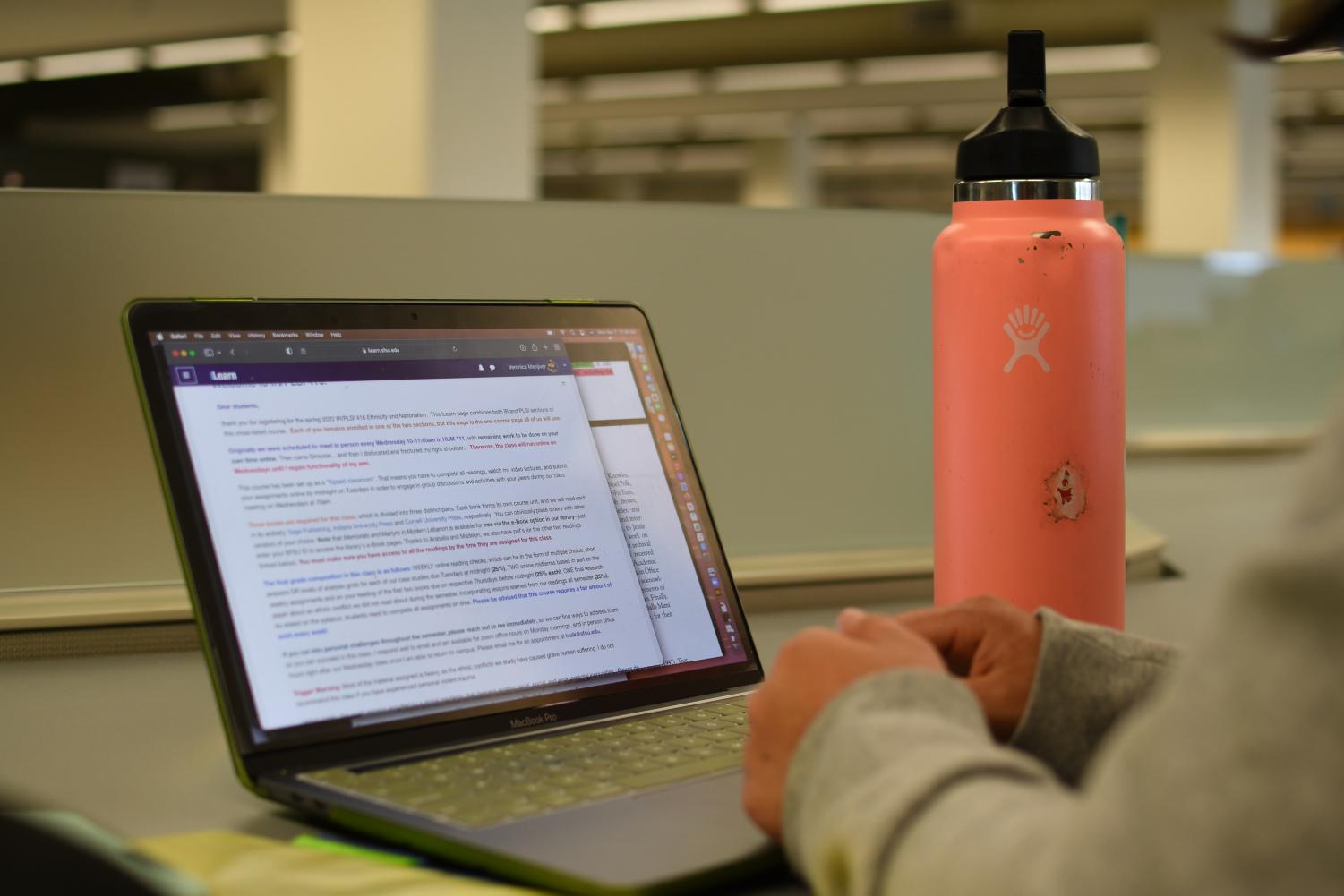SF State will begin phasing out iLearn in favor of Canvas this semester, with a full transition being expected by fall 2023.
iLearn has served the university as its learning management system (LMS) — software that provides administrative and academic resources and programs — for 16 years, after having used Blackboard Learn.
The pending switch is not specific to SF State, but part of a statewide switch to unite the various college campus systems. The 2021 state budget provided the California State University system $2 million to “support adoption of a common intersegmental” LMS.
The change comes as a state requirement under Gov. Gavin Newsom’s budget plan for the current fiscal year
“It means we’re all in the same type of LMS, so that the interoperability between a student transferring from community college to CSU is going to encounter the same thing,” said Andrew Roderick, SF State’s assistant vice president of Academic Technology.
The University of California secured $1 million for the switch, and all 116 California community colleges have already transitioned to Canvas under the California Virtual Campus – Online Education Initiative, which began in 2015.
Currently, 16 of the 23 CSUs use Canvas. SF State and Cal State San Marcos are the only two campuses that use Moodle, the platform that hosts iLearn. The majority of remaining campuses use Blackboard.
Campus resources on iLearn, such as Box, will remain available to the campus community. Two-factor authentication will still be required, and per an SF State Academic Resolution passed in 2020, remote proctoring on online exams will remain prohibited.
According to Roderick, the plan is to introduce Canvas to SF State next semester for some classes, while maintaining iLearn as the primary LMS. The Chancellor’s Office has hired a third-party vendor to transition instructor courses from iLearn to Canvas, while AT’s job will be to create a landing page that shows both Canvas and iLearn courses.
This dual-LMS method will allow students and instructors to have access to courses both on iLearn and Canvas, with the goal of slowly familiarizing users with Canvas until full implementation in the Fall 2023 semester.
Decisions over which courses will begin the switch to Canvas is up to individual professors and departments that may consider the switch to be beneficial to their instruction. This month, AT will begin reaching out to departments to gauge which instructors are interested now.
The outreach process is ongoing, with faculty- and campus-wide announcements from the provost to happen as the transition progresses, Roderick said.
Some instructors and students have already received the information within their departments or by word of mouth, but some such as Project Rebound — a campus admissions program for formerly and currently incarcerated students — are still in the dark.
As of Monday, Project Rebound’s Program Development Director Jason Bell and counselor Doris Fendt were unaware of the transition.
“It’s just another learning curve,” Fendt said. “Our big concern is that there’s not a reliable support structure in place to help students with a transition.”
Currently-incarcerated students seeking an Ethnic Studies certificate already use Canvas, as required by the state’s California Division of Juvenile Justice program, but students who are new to the program may struggle the most with the transition, Fendt said.
Fendt said that she and students faced difficulties adjusting to the two-factor authentication and that only having AT provide over-the-phone support proved difficult for Project Rebound students.
Roderick said that AT will hold optional workshops for students, staff and faculty to learn the new LMS system once it begins getting tested. Details on those workshops are still pending.
Broadcast and Electronic Communication Art lecturer Erica Pulley, who also teaches at San Jose State University, said while the unified change will be good in the long-run, iLearn’s features allow her classes to be more approachable for students.
“That’s the hard part about education — it feels like it’s becoming more and more like we’re website administrators,” Pulley said. “Less about being in the classroom and teaching, and more about updating our website.”



